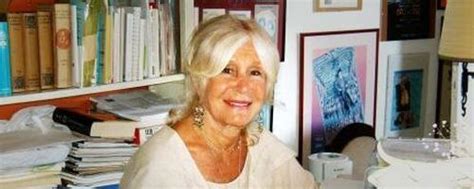A Quote by John Adams
The fundamental article of my political creed is that despotism, or limited sovereignty, or absolute power is the same [whether] in a majority of a popular assembly; an aristocratic council; or oligarchical junto and a single emperor - equally arbitrary, cruel, bloody and in every respect diabolical.
Related Quotes
The Emperor Constantine, who lifted Christianity into power, murdered his wife Fausta, and his eldest son Crispus, the same year that he convened the Council of Nice to decide whether Jesus Christ was a man or the Son of God. The council decided that Christ was consubstantial with the father. This was in the year 325. We are thus indebted to a wife-murderer for settling the vexed question of the divinity of the Savior.
A majority held in restraint by constitutional checks and limitations, and always changing easily with deliberate changes of popular opinions and sentiments, is the only true sovereign of a free people. Whoever rejects it does of necessity fly to anarchy or to despotism. Unanimity is impossible. The rule of a minority, as a permanent arrangement, is wholly inadmissible; so that, rejecting the majority principle, anarchy or despotism in some form is all that is left.
Majorities are of two sorts: (1) communal majority and (2) political majority. A political majority is changeable in its class composition. A political majority grows. A communal majority is born. The admission to a political majority is open. The door to a communal majority is closed. The politics of political majority are free to all to make and unmake. The politics of communal majority are made by its own members born in it.
The Jesuits are a MILITARY organization, not a religious order. Their chief is a general of an army, not the mere father abbot of a monastery. And the aim of this organization is power - power in its most despotic exercise - absolute power, universal power, power to control the world by the volition of a single man. Jesuitism is the most absolute of despotisms - and at the same time the greatest and most enormous of abuses.
A World Parliamentary Assembly functioning outside the United Nations, or a United Nations Parliamentary Assembly set up as a subsidiary body of the General Assembly pursuant to article 22 of the UN Charter, could start initially as a consultative body and gradually develop into a legislative assembly.
As I have often written, power is the fundamental ingredient of the human experience. Every action in life, every thought, every choice we make-even down to what we wear and whether we are seating in first class or coach-represents a negotiation of power somewhere on the scale of power that constitutes life.

































